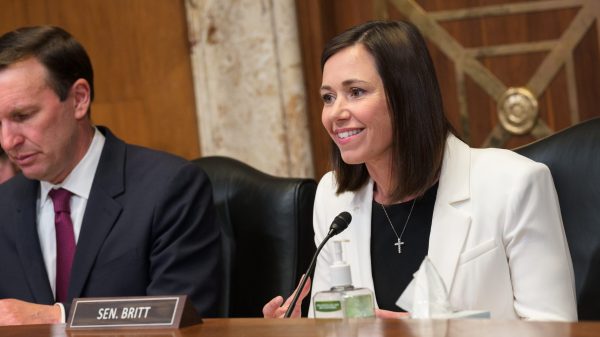The national conversation about abortion has been dumbed down. Overly simplified. Bereft of context and facts.
Each time it re-enters the news cycle, we dig in our heels – anti-abortion, pro-birth, pro-choice, pro-life, whatever the label – and revive the argument.
Last year it was when Texas’s new abortion law was passed. Created as Senate Bill 8, it bans abortions after there is what some call “a detectable fetal heartbeat” – about six weeks after conception. It also empowers anyone to sue the doctors or others involved in facilitating the abortion, anyone except the mother.
Now it’s the leak of a draft opinion in Dobbs v. Jackson Women’s Health Organization, a case before the U.S. Supreme Court. Associate Justice Samuel Alito authored the draft, which would overturn the court’s 1973 Roe v. Wade decision.
There’s been much debate and speculation about who leaked the draft and what will happen if Roe is overturned. But we’re still missing some context and facts.
And that’s because most of us don’t hear from the doctors who see the actual conditions that are affecting fetuses, babies and their mothers. We just hear preachers and pundits ranting and raving from pulpits and television studios.
“(With) every pregnancy, there is a risk of complications,” Dr. Sanithia Williams told me last year after the passage of the Texas law. Dr. Williams, an obstetrician and gynocologist, works at the Alabama Women’s Wellness Center, one of only five clinics in our state that perform abortions.
“Reproduction is very random and kind of a crap shoot,” she continued. “There are terrible things that can happen.”
She listed a few: fetuses that develop without skulls or kidneys or limbs. Fetuses that have severe genetic abnormalities that cause defects of the heart, lungs, limbs and brain.
And then there are the risks facing the mothers.
“I have a mom who had a very desired pregnancy and just all of a sudden got an infection in her uterus,” Dr. Williams recalled. “The pregnancy was not far enough (along) that (the) baby even had a chance to survive.”
It only takes one conversation with Dr. Sanithia Williams to see that the abortion debate is too complicated to reduce to soundbites or sermons.
Abortion must remain legal to address the kinds of cases Dr. Williams cited – if for no other reason. And arguably, there are many other valid reasons. Not the least of which is none of us should want a government that can have free reign inside of our bodies.
Dr. Williams describes herself as a person of faith and a person of science, not a combination we hear many proudly proclaim these days. But perhaps we’d be better off it more folks did.
Then maybe we could have a fact-based conversation about one of the emotional, but false, talking points that come up when discussing abortion.
Take what some call the “detectable heartbeat.” It has been the premise for many who identify as pro-life. They think that the fetus can have a detectable heartbeat as early as six-weeks after conception.
But what Dr. Williams and others know is that there is no such thing.
“It’s cardiac cells,” she said. “And if you take cardiac cells out of an adult human and put them in a petri dish, they also will beat.”
Pulsating cells, not a beating fetal heart. Science, not emotion.
Most pregnancies are successful, Dr. Williams said. But what happens to those that aren’t in a post-Roe world? What will be the fate of the mal-formed fetus or baby? What will the impact be on its mother and father if they are forced to bring its birth to term?
Which is why Dr. Williams thinks the final word on medical decisions belongs to the mother – not the government or even the doctor.
“My role as a physician is to give you information,” she said. “It’s not to make decisions for you.”
Tell it to these red-state legislatures that think that their political ambitions require that they insert themselves inside women’s wombs and doctors’ offices. Tell it to Alito and the conservative justices on the U.S. Supreme Court, who seem poised to ban abortions without considering all the facts or the total context.
Tell it to whoever will listen – not that it will make much difference in this state. But tell it anyway. We need history to record that some of us knew there was a better way and tried to fight for it.
















































